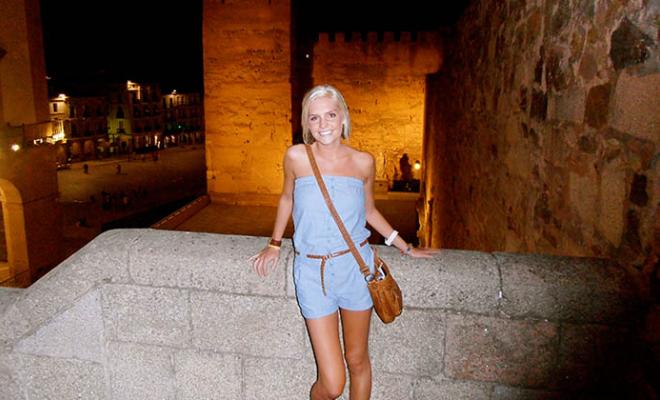Since my double-lung transplant five years ago, I have experienced both the good and the bad that comes with an organ transplant. Recovery can be long and challenging, but I also experienced amazement, thankfulness, and other positive emotions. Things change a lot post-transplant — physically, mentally, socially, and professionally. Things may not snap back into place as quickly as you would like, as was my experience. Navigating these changes and managing expectations make post-transplant life more complicated and difficult than some might imagine.
In hindsight, it seems nearly impossible to prepare for a transplant. Hitting milestones during recovery — some set by transplant programs and others that I set for myself — can seem like a slog.
I remember the first month or so post-transplant. Although I could breathe much better, it didn’t actually feel that way at first and the dominant emotion tended to be frustration. The sensation of having new lungs wasn’t what I expected and was a real struggle to get used to. Adjusting to new meds was difficult as well and my quality of life was affected by mood swings, vision changes, tremors, skin issues, and increased blood sugar. Other things plaguing my mind/recovery included being NPO (nothing by mouth) for several months post-transplant — which included learning how to administer medications though a new method and continuing to have to administer IV antibiotics.
Along with pain and discomfort, I sometimes felt like I was in a haze. With the trauma my body went through accompanied by the many changes, my anxiety increased greatly, which was something I did not anticipate and had trouble coping with. Certain rules set by the transplant program — such as no driving, limiting physical activity for three months, and needing somebody to be around with me for the first month — troubled me with a lack of freedom that also played a role in my increased anxiety. The constant blood work and clinic visits for the first month were tiresome and left me wishing that things would just speed up.
Though some of these struggles persist, others dissipated with time and effort. The burden of care also began to decrease. It took a lot of time, but the reason I opted for a transplant became clearer and more obvious — I could breathe and the freedom I hoped for was coming to fruition.
Walking around the hospital floor after surgery with no oxygen was eye-opening, but it didn’t particularly feel great, and I couldn’t fully appreciate it at the time. Eventually, walking began to feel like a whole new experience. When I took my first walk outside — shortly after having been discharged — and saw my oxygen level at 99 (percent) as I reached the top of the hill, it seemed like the path to better things had started to clear. As I reached other milestones like being able to drive and being able to start physical therapy, things continued to fall into place. The final piece seemed to be when my feeding tube was removed after nearly seven months of not being able to eat after surgery. This blessed me with the sense of freedom that I had been waiting for.
Five years post-transplant, I am still facing some challenges and complications, but the challenges seem incredibly small at times when measured against the positive experiences I’ve had or achievements I’ve made. I am grateful that I have:
- Hiked a mountain at 4:30 a.m. to reach the summit in time for a magnificent sunrise
- Visited California to see my favorite NFL team play on Monday Night Football
- Returned to Niagara Falls for the first time in more than 20 years
- Enrolled in school after nine years to obtain my master’s degree
- Become involved in the transplant community
- Participated in American Lung Association stair climb events with friends
Receiving a transplant has allowed me to take more risks, despite being immunocompromised and having to take great precautions for my new lungs. Big changes still require caution, but it has blessed me with a sense of confidence I did not have pre-transplant, letting me feel less scared and more emboldened to try new things.
Many people think transplant is a complete fix and everything is just fine afterwards. I don’t believe that reflects reality. Indeed, I consider transplant a chronic disease just like CF itself. It requires lifelong meds, maintenance, and work to sustain the new organ(s).
The recovery is hard, and it can take a while to begin to appreciate your new organ(s) and set out on new beginnings. You may feel you always need to seem grateful, thankful, or cheerful to adhere to the expectations of others, but you’re under no obligation to do so. It is OK to feel conflicted, frustrated, or angry.
I think we make our decision to undergo a transplant knowing about some of the complications or struggles we may encounter; but most of the time we cannot really anticipate what it’s like to experience them. We hope that when we face these challenges we can persevere, believing that it will all be worth the battle.
Interested in sharing your story? The CF Community Blog wants to hear from you.





